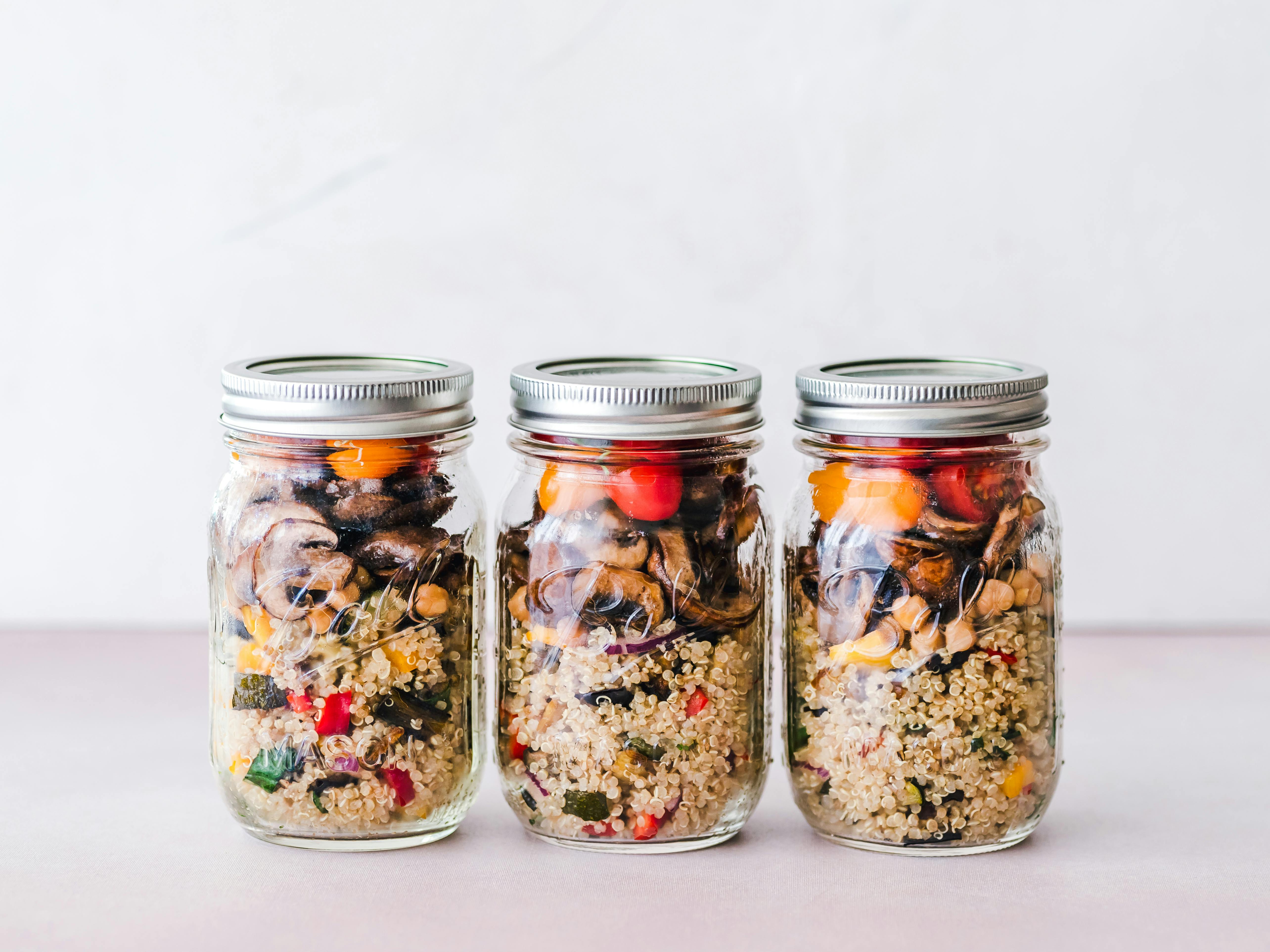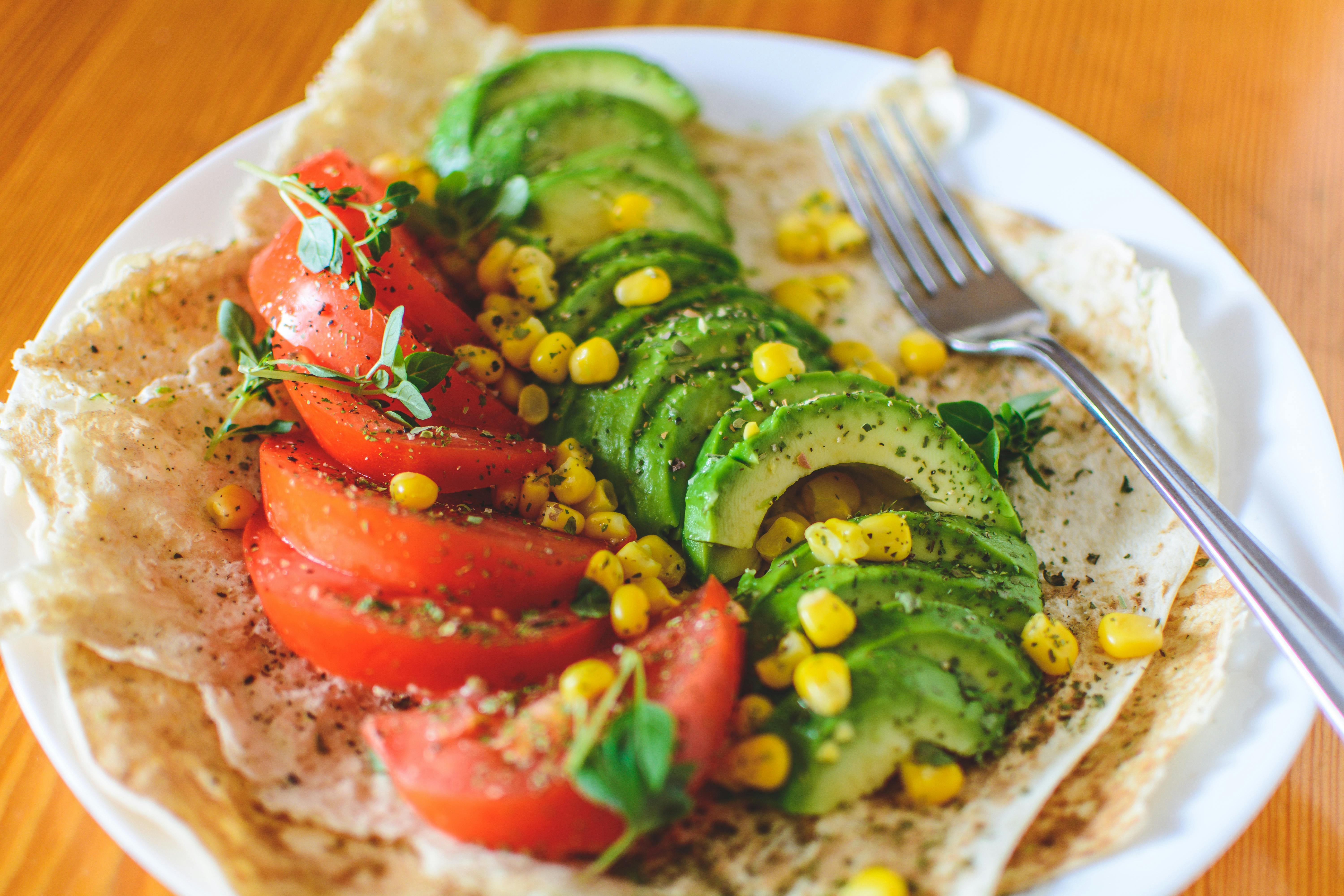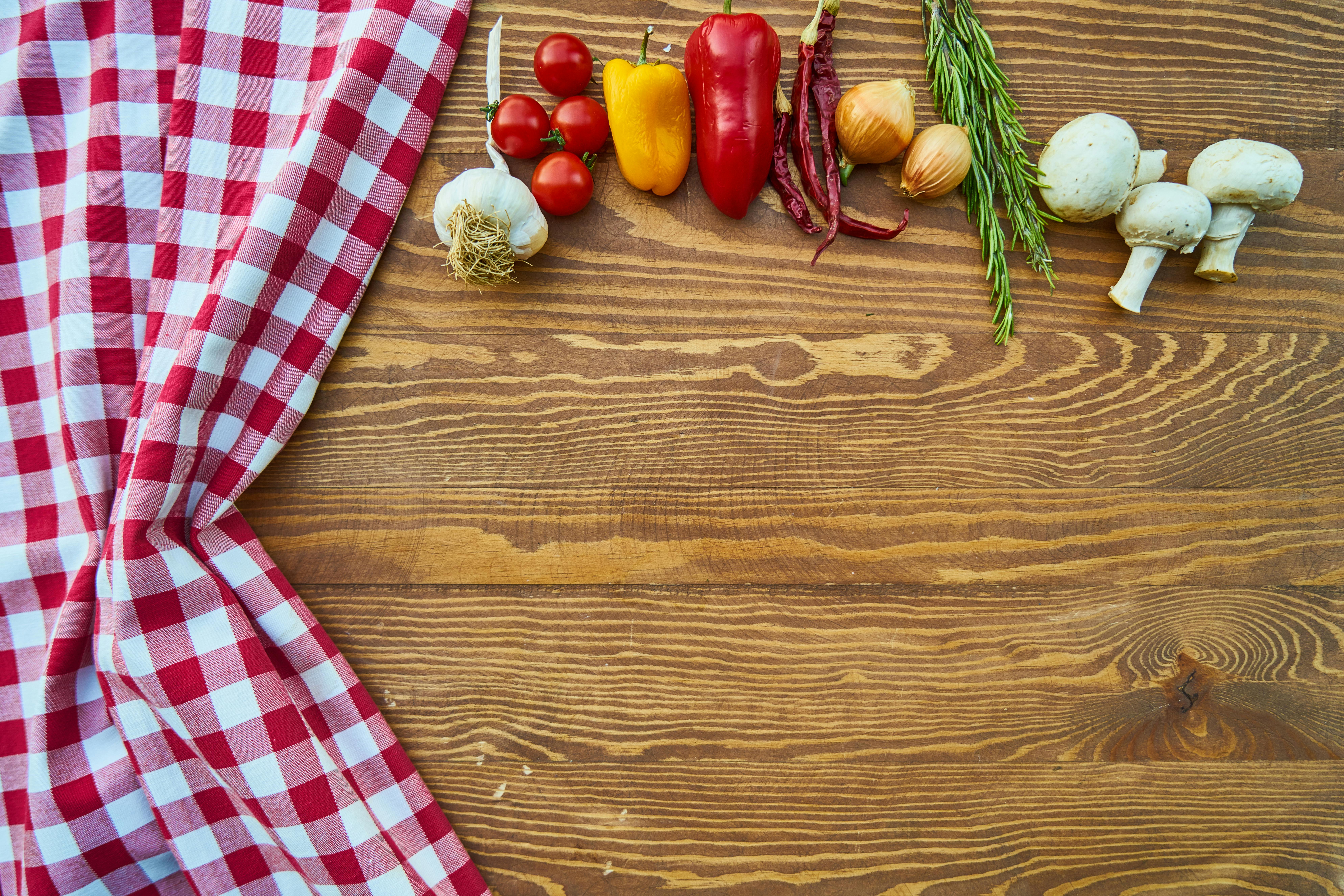Foods That Naturally Reduce Inflammation in the Body

Chronic inflammation is at the root of many modern health issues — from joint pain and fatigue to heart disease, diabetes, and even cancer. The good news is that the food you eat can be one of your best tools for fighting inflammation naturally.
By including anti-inflammatory foods in your daily meals, you can protect your body, reduce pain, and improve your energy and immunity. Here are the top foods that science confirms can help reduce inflammation — plus how to include them in your diet.
What Is Inflammation and Why Should You Care?
Inflammation is your body’s natural response to injury or infection. While acute inflammation (like swelling or redness after a cut) is helpful for healing, chronic inflammation can silently damage tissues and organs over time.
Common signs of chronic inflammation include:
- Ongoing fatigue or brain fog
- Unexplained weight gain
- Skin issues or breakouts
- Digestive discomfort (bloating, gas, constipation)
- Frequent colds or low immunity
Luckily, changing your diet is one of the easiest ways to fight back.
Top 10 Anti-Inflammatory Foods
1. Leafy Greens (Spinach, Kale, Swiss Chard)
Dark leafy greens are rich in antioxidants, vitamins A, C, and K, and minerals like magnesium — all essential for reducing inflammation and supporting cellular health.
2. Berries (Blueberries, Strawberries, Blackberries)
Berries are loaded with anthocyanins and flavonoids, powerful antioxidants that protect your body from oxidative stress and reduce inflammation markers like CRP.

3. Fatty Fish (Salmon, Sardines, Mackerel)
Omega-3 fatty acids in fatty fish have been shown to lower levels of inflammatory compounds like cytokines. Aim for 2–3 servings per week.
4. Turmeric
This golden spice contains curcumin, a potent anti-inflammatory compound. Pair it with black pepper to increase absorption. It’s great in teas, soups, or sprinkled over roasted vegetables.
5. Olive Oil (Extra Virgin)
Olive oil contains oleocanthal, a compound with effects similar to ibuprofen. Use it as your main cooking oil or drizzle it on salads and meals.
6. Avocados
Avocados are packed with healthy fats, fiber, and antioxidants. They reduce the expression of inflammatory genes and support heart and brain health.
7. Ginger
Ginger reduces inflammation by inhibiting enzymes that cause swelling and pain. It’s helpful for joint pain, digestive issues, and menstrual cramps.
8. Nuts (Almonds, Walnuts, Pistachios)
Nuts are a great source of vitamin E, magnesium, and healthy fats — all linked to lower levels of inflammation in the body.
9. Green Tea
Green tea is rich in EGCG (epigallocatechin gallate), which fights inflammation and supports healthy blood vessels and metabolism.
10. Tomatoes
Tomatoes are high in lycopene, a natural antioxidant that fights inflammation and supports skin, heart, and bone health. Cooking tomatoes boosts lycopene absorption.

Foods That Trigger Inflammation (To Avoid)
To keep inflammation low, it’s important to avoid foods that worsen it. These include:
- Refined sugar and sugary drinks
- Processed meats (sausages, bacon)
- Refined carbs (white bread, pastries)
- Fried foods
- Excess alcohol
Anti-Inflammatory Meal Ideas
- Breakfast: Oatmeal with blueberries, chia seeds, and walnuts
- Lunch: Kale salad with salmon, avocado, and olive oil dressing
- Dinner: Turmeric-spiced lentil soup with whole grain bread
- Snack: Green tea with a handful of almonds
Internal Resources from Body Domain
- Top 10 Superfoods That Help Heal the Body Faster
- Is Intermittent Fasting Safe? What Science Says in 2025
- 10 Early Signs Your Body Is Tired and Needs a Break
Table: Anti-Inflammatory Foods vs. Inflammatory Foods
| Anti-Inflammatory Foods | Inflammatory Foods |
|---|---|
| Spinach, kale | White bread, refined carbs |
| Blueberries, strawberries | Sodas, sugary snacks |
| Salmon, mackerel | Processed meats |
| Olive oil | Vegetable oils (corn, soybean) |
FAQ
1. How long does it take to reduce inflammation through diet?
With consistent healthy eating, you can see improvements in inflammation-related symptoms in as little as 1 to 3 weeks.
2. Are anti-inflammatory diets safe for everyone?
Yes. This diet focuses on whole foods and is suitable for nearly everyone. If you have a health condition, consult your doctor first.
3. Do I need supplements to fight inflammation?
Whole foods should always be your first choice. Supplements like turmeric or fish oil may help, but aren’t necessary if your diet is well-balanced.
Image Credits: All images from Pexels.com (Free for commercial use)

Leave a Reply